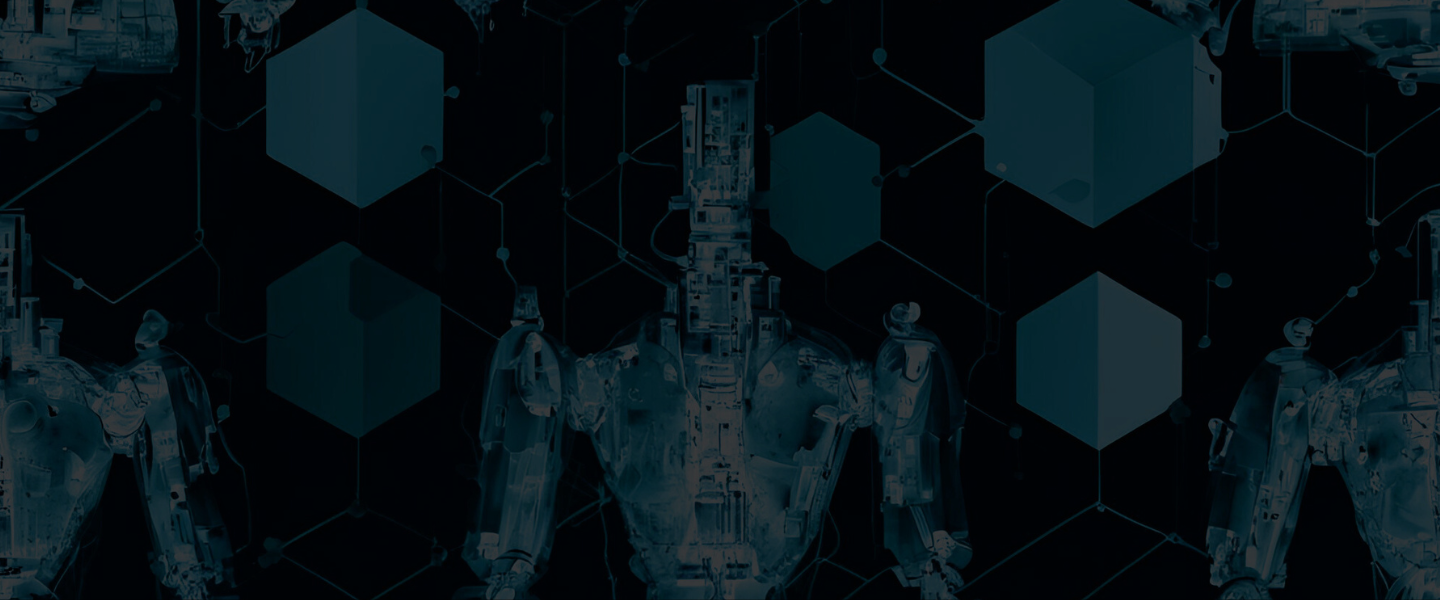We are delighted to welcome you to our AIchemy Hub’s monthly webinar series.
This month’s talks:
Linden Schrecker – Efficient Data Collection for Efficient Decision Making in Process Development
Reaction data is important to collect not only for theoretically understanding chemistry better, but also for sustainably mass-producing chemicals for medicine, agriculture, and society in general. Chemistry has been progressing towards more data driven and modelling-based approaches, however in many areas the availability of chemical reaction data is a limiting factor. The development of automated transient flow methods provides an efficient tool by which reaction data can be collected to accelerate our understanding of chemical reactions.
Over the past decade, transient flow has been primarily applied to the collection of time-series reaction data and investigation of the effect of reaction temperature. In our work, we have extended the parameter space which can be investigated further studying the effects of time, temperature, reactant stoichiometry, substituent, and solvent. Versatile application of these efficient labour-saving techniques to kinetics, selectivity, and solvent effects have provided not only academic interest, but also robust methods for improving sustainability in chemical industry. This improved data collection can be utilized to de-risk decision making in process development.

In this presentation, transient flow as a technique will be discussed as a tool for efficiently building understanding of chemical reactions. The insights gained from novel transient flow methods into academic and industrial processes ranging from simple homogenous reactions to heterogeneously catalysed reactions will be presented. Optimal automated workflows for collection and utilization of transient flow data will be discussed, focusing on applications to kinetics, selectivity, and solvent replacement for accelerating process development through machine learning models as utilized within SOLVE.
SOLVE is a spin-out from Imperial College London focusing on making chemical processes more efficient through autonomous high-throughput reaction data collection to construct AI reaction space models. SOLVE currently serves clients across the agrochemical, pharmaceutical, and fine chemical space
Nessa Carson – Don’t throw your data away! Gaining meaningful insights from high-throughput chemistry
With the power of automation, chemists are enabled to run rapid experimentation and concomitantly generate large amounts of valuable data. However, without generating these data sensibly for reuse, a proportion of the insights and value that should be inherent to high-throughput experimentation (HTE) is thrown away. Additionally, chemists nearly always underestimate how often and in how many ways even the most unremarkable automation data will be reused, if they become accessible.
Through software automation and user-friendly integrations, we can allow HTE to realize its full impact and foster insight-driven research to unlock new opportunities in chemistry. This work is not “magic”, but requires user-friendly systems that enhance rather than waste the time of the lab users running them.
This talk will explore practical strategies for harnessing the valuable information from lab automation to empower scientists to easily access, interpret, and reuse the data generated from HTE
Following the presentations, there will be time for questions from the audience.
We look forward to having you attend the event!

Linden Schrecker
Founder and CEO, SOLVE Chemistry

Nessa Carson
Digital Champion for Pharmaceutical Sciences, AstraZeneca


